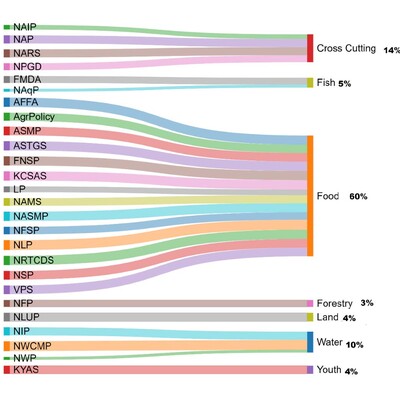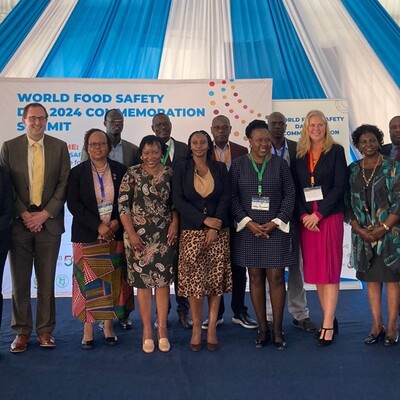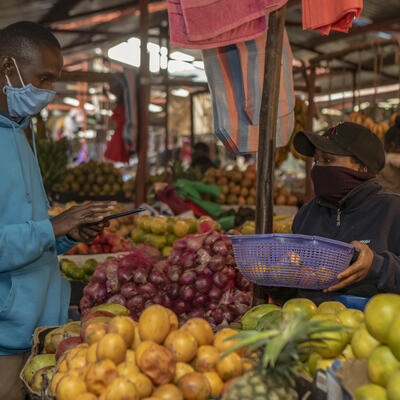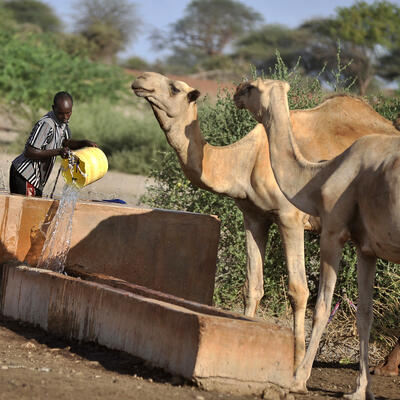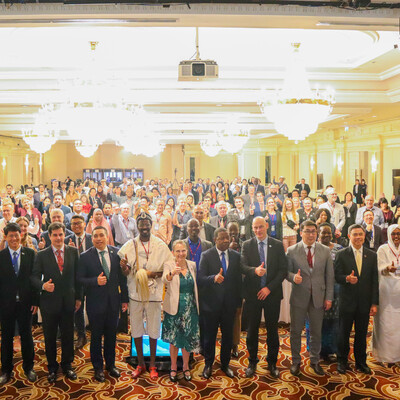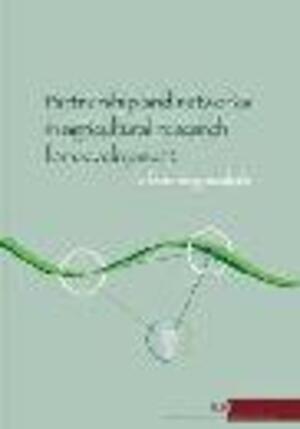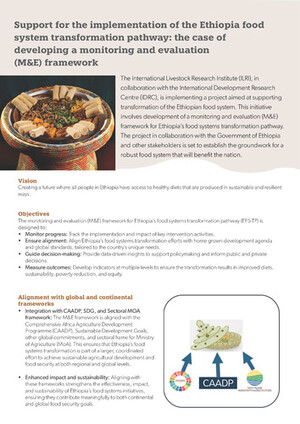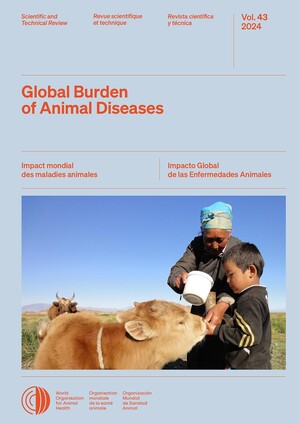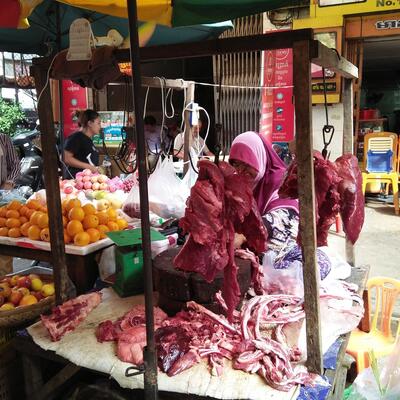

Bridging the gap between agri-food policy and science in Kenya: A qualitative report from interviews with policymakers, scientists and the private sector
Policymakers do not always fully use research-based evidence. The question of why this is the case has often been addressed conceptually, with sparse efforts to collect real-world data. The CGIAR Initiative on National Policies and Strategies (NPS) recently conducted a study aimed at bridging the gap between agri-food policy and science in Kenya.
This paper provides an in-depth analysis of the science-policy interface (SPI) in Kenya using information gathered from policymakers, researchers and the private sector. Given that there is no single SPI in Kenya, the paper gives an overview of where in the policy cycle research is integrated, who is involved in SPIs from the research and policymaker sides, what types of research are being delivered, how the research is provided to policymakers, and why research is used in policy. Some of the factors affecting science-policy integration include the fragmented research and policy landscapes, donor influence and changing policy environments.
However, several recommendations emerged on how Kenya can boost research impact by optimizing existing institutions, structures, and resources. These recommendations, if implemented, have the potential to significantly improve the agri-food sector in Kenya. Aligning policies across ministries and utilizing existing efforts like the Presidential Economic Transformation Secretariat can promote coherence and streamline research efforts. Initiatives like the National Agricultural Research Systems Policy and Global Open Data for Agriculture and Nutrition can be leveraged to facilitate collaboration.
This collaborative approach, involving public consultations, workshops and conferences, remains an important mechanism for researchers to engage policymakers and stakeholders throughout the policy cycle, from agenda setting to evaluation. In addition, closed-door meetings, where policymakers can discuss sensitive issues with experts, are crucial for navigating such matters. These sessions offer a safe space for confidential information exchange and unfiltered advice, which can be instrumental in shaping effective policies. Building technical capacity in ministries and training researchers for policy engagement can further support effective policy formulation and implementation.
This paper provides critical findings at a time when public demand for data and research is growing as economies become more complex and face unprecedented challenges and crises. Increased availability of data and computing power has equipped researchers with more tools than ever to respond to this demand.
Kenya can leverage the positive trends to improve the integration of research into policy. Existing and draft policies emphasize the importance of research and seek to enhance the integration of evidence into policymaking. However, research often remains a low priority among policymakers, and some researchers feel their work is undervalued in policymaking.
Click here to access the full paper.
You may also like
Related Publications

Policy and institutional landscape analysis in Kenya's food, land and water systems
- Kimani, Judy
- Karugia, Joseph T.

Bridging norms and resources: Enhancing gender equality and adaptive capacities in Bangladesh’s climate-stricken agrifood systems
- Akhter, Sadika
- Lecoutere, Els
- Kihoro, E.
- Kamruzzaman, M.
- Dey, Durjoy

Bridging the Gap Between Agri-Food Policy and Science in Kenya
- Karugia, Joseph T.
- Keenan, Michael
- Njoroge, Grace
- Breisinger, Clemens
- Kirui, Leonard
- Ndegwa, Richard
- Maru, Joyce





